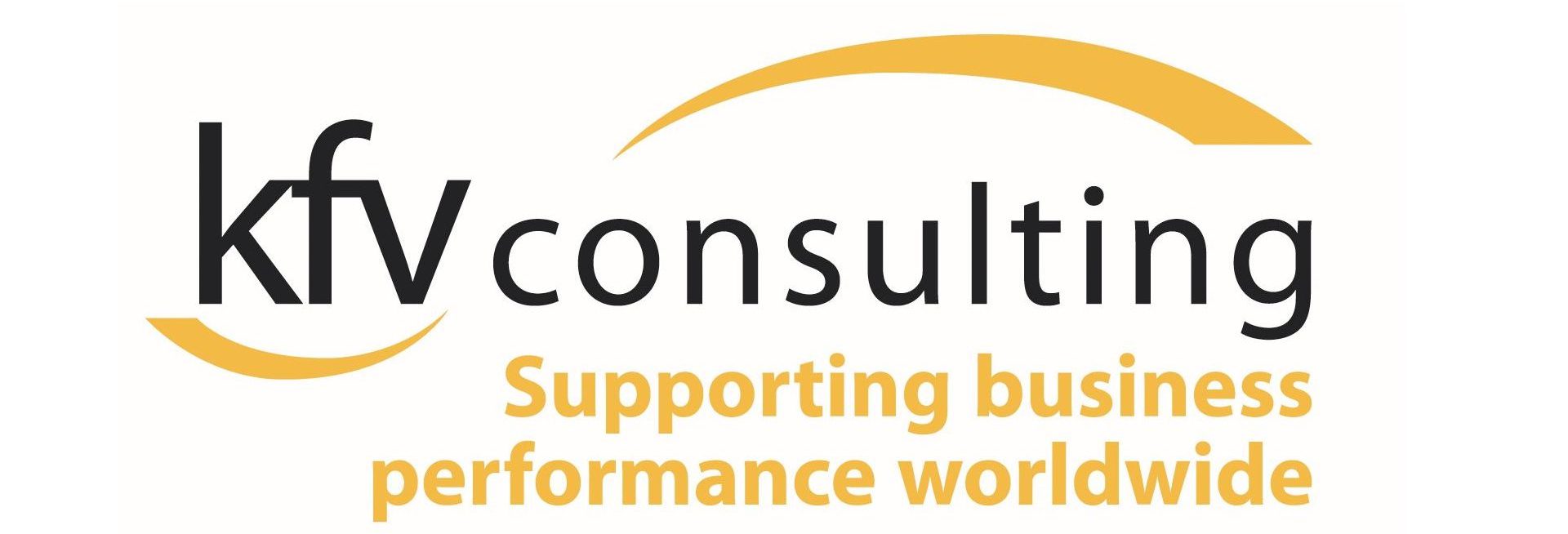Why should the HR function take on a bigger role in driving performance?
Issues covered:
Three clear trends will reshape the role of the HR function in organisations. The first relates to the rapidly globalising economy – most companies in all regions are anticipating increased cross-border moves.
The second trend is the increasingly speedy growth of the knowledge economy combined with an internet savvy workforce. This will drive the need for faster development of new and innovatory products to stay ahead of the competition.
The third trend, in some part, relates to the speed of IT change. Administrative functions such as payroll and attendance previously handled by HR Departments are being replaced by software solutions or outsourced to third parties.
These combined trends will help to present the HR function with a tangible opportunity to transform itself. As the people specialists – a central plank to any commercial organisation – the HR function should move towards being an intrinsic part of an organisation’s executive team. If a good relationship between HR Heads and the senior team could be fostered, it will lead to a win-win for both the HR function and their organisation.
Workforce challenges will affect the bottom line
In times of boom, organisational shortcomings are often masked. In times of economic transition such as now, more people are being forced to juggle more activities, motivation is challenged daily. As workforces are being reduced, the competencies of the remaining people are not being developed to match changing needs. This widens the skill gap perceptibly in a short period. There is never a better time for the HR function to demonstrate its expertise, define organisational competencies for success, create a management framework based around personal commitments and assist in designing a culture for future success.
To be effective, everyone needs to understand the organisation’s strategy or, at very least, where they fit into an organisation.
Organisations employ people but these people often remain blissfully unaware of their significance in the big picture. The HR function can provide that understanding and implement activities which will ensure alignment from the top down and the bottom up in any organisation.
Having motivated and committed top talent will differentiate any organisation from its competitors. However, the current reality seems to be that the HR function is, for whatever reason, not getting involved in the development and dissemination of organisational strategy.
To participate productively in strategic planning and developing companywide accountability, a breadth of business knowledge is key. Great knowledge about HR specific processes and rules and delivers a limited understanding of the business. I would strongly advocate that the HR function is actively involved in understanding the commercial aspects of their business.
HR professionals need to retain a balance between the minutiae of their HR knowledge and a broader commercial approach. They can add significant value to their company if they started to focus on achieving high performance and focussing on aspects of the business which will underpin this such as the Culture, Competencies, Commitments, Succession Planning and Talent Management.
The Head of HR can be an effective sounding board for the Executive committee
The Head of HR can also play a useful role to the Executive team in ways unrelated to corporate strategy. Providing feedback to the executive committee and pointers as to how their leadership is impacting the business can be a significant responsibility. The Head of HR probably meets more people than the Executive Committee and should be able to gain a more accurate insight of the organisation as a whole. The leaders of an organisation set the tone for the whole of their business. They need to be coached and encouraged to be the best people and the highest performing team that they possibly can be.
There is also the whole external domain to consider. The Board of Directors for an organisation will be the object of scrutiny from the media, investors and other stakeholders. The Head of HR as an informal executive coach is often overlooked.
Conclusion
In this piece, I have outlined the three drivers of change – globalisation, knowledge economy, and outsourcing – that will provide the levers for HR functions to play a significant part in delivering an organisation’s strategy. I have also suggested a number of ways in which the HR function can add significant value to every organisation. By understanding the wider commercial picture of their organisation and being proactive in providing effective solutions, HR heads will become an integral part of every executive committee.
Recommendations for future Heads of HR:
- Exhibit an understanding of the wider business and its commercial drivers
- Commission an organisational analysis in order to redesign an effective future
- Align personal commitments, individual competencies, talent management and succession planning strategy to the business intent
- Ensure that the CEO and the Board are an effective working team
- Become a sounding board for the CEO and Executive board
- Understand what the key business drivers are
- Demonstrate proactive problem-solving
- Take initiative
This article is correct at August 2020

